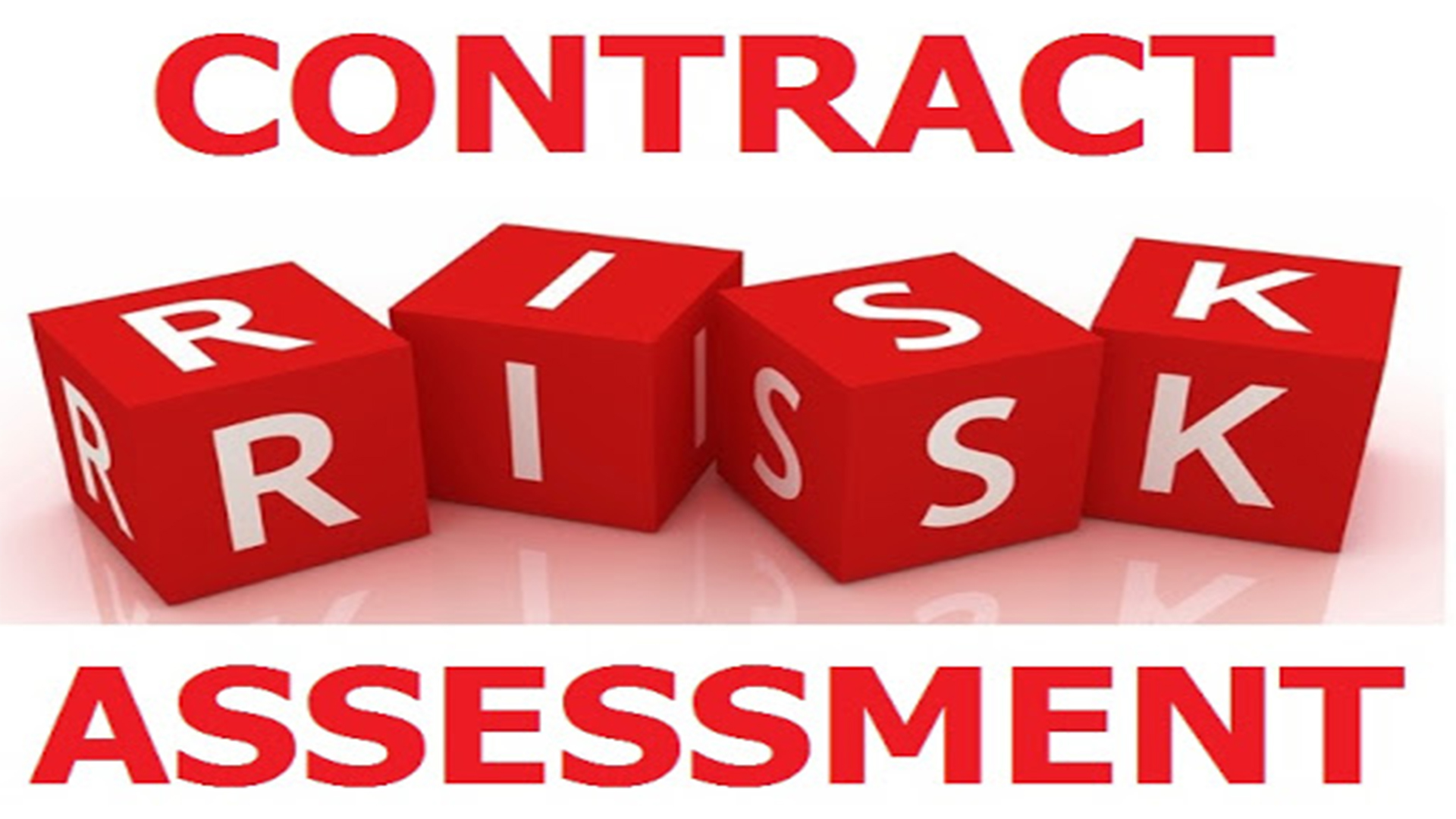
Contract Negotiation Essentials
Course overview
Effective contract negotiations are the cornerstone of business success. The support staff is just as important to the contract negotiation process as the chief negotiator. While successfully negotiating contracts, commercial agreements, and conflicts, delegates are able to keep solid relationships with the company’s stakeholders and their advisers.
What makes contract negotiation so important?
The organisation can get a clear image of each side’s objectives, concerns, and points of view by conducting a thorough and well-researched contract negotiation. It becomes feasible to arrive at a point where the goals and objectives of the two organizations/parties can be fulfilled in a manner that is acceptable to everyone. A successful contract negotiation enables the organisation to create enduring bonds with other parties that foster their development and increase their ability to collaborate.
How can businesses bargain effectively?
Thanks to cutting-edge contract automation technologies, businesses now have a centralised location for secure, transparent, and quick contract negotiations. Although contract negotiations can be challenging, several strategies and procedures can be advantageous to both parties. Businesses may be able to negotiate better deals or achieve successful outcomes by combining technological solutions with traditional contract negotiation strategies. To have any hope of persuading the other side, one must understand their position, goals, and preferences prior to entering into negotiations. You can assess the opposing side’s current position, priorities, and areas of flexibility by conducting detailed research on them.
The Contract Negotiation Certification Course from Training Bee covers a wide range of practical negotiation skills and techniques in addition to a thorough examination of bargaining strategies. The goal of the training is to significantly improve the business process. The lesson covers how to resolve a disagreement that can arise while the contract is in effect. With the aid of interactive techniques including case studies, seminars, hands-on activities, and feedback from the training consultant, participants will be able to put their skills to the test. The training will provide the participants with the necessary theoretical and practical knowledge that will contribute to business success because successful contract negotiation is essential for commercial success.
Introduction
Hello and welcome to the programme for contract negotiation certification! With the help of this thorough certification, you will be given the information, abilities, and tactics necessary to successfully negotiate contracts in the fast-paced corporate environment of today.
Negotiation is a crucial ability in business that can create or break agreements, impact relationships, and propel organisations to success. This certification is designed to satisfy your goals, whether you are an experienced professional wishing to improve your negotiating skills or a novice seeking a strong foundation.
We are The Training Bee, a global training and education firm providing services in many countries. We are specialized in capacity building and talent development solutions for individuals and organizations, with our highly customized programs and training sessions.
Learning Objectives
Upon completing Contract Negotiation Essentials, participants will be able to:
- To emphasise the significance of planning and research before entering a negotiation
- To become familiar with the various types of typical negotiation tactics employed in the corporate world
- To work on and develop participants’ negotiating styles to gain understanding of the various negotiation techniques
- To identify, control, and use stakeholder differences as a competitive advantage
- To explain how contract clauses can be used to lessen the chance of a disagreement To comprehend the steps involved in contract creation
- To determine how a disagreement would affect relationships in the long run
Our Unique Training Methodology
This interactive course comprises the following training methods:
- Journaling – This consists of setting a timer and letting your thoughts flow, unedited and unscripted recording events, ideas, and thoughts over a while, related to the topic.
- Social learning – Information and expertise exchanged amongst peers via computer-based technologies and interactive conversations including Blogging, instant messaging, and forums for debate in groups.
- Project-based learning
- Mind mapping and brainstorming – A session will be carried out between participants to uncover unique ideas, thoughts, and opinions having a quality discussion.
- Interactive sessions – The course will use informative lectures to introduce key concepts and theories related to the topic.
- Presentations – Participants will be presented with multimedia tools such as videos and graphics to enhance learning. These will be delivered engagingly and interactively.
Training Medium
This Contract Negotiation Essentials training is designed in a way that it can be delivered face-to-face and virtually.
Course Duration
This training is versatile in its delivery. The training can be delivered as a full-fledged 40-hour training program or a 15- hours crash course covering 5 hours of content each day over 3 days
Pre-course Assessment
Before you enroll in this course all we wanted to know is your exact mindset and your way of thinking.
For that, we have designed this questionnaire attached below.
- Give a definition of contract negotiation and explain the role it plays in business.
- The major phases of the contract negotiation process should be listed and simply explained.
- What are the fundamental characteristics and abilities of a successful contract negotiator?
- Give examples of when distributive and integrative negotiating tactics could be utilised and explain the differences between them.
- Describe the meaning of BATNA (Best Alternative to a Negotiated Agreement) in negotiations.
- How does the balance of power affect a contract negotiation’s outcome? Give some illustrations of how power works in negotiations.
- What are some typical obstacles to avoid and traps to watch out for while negotiating contracts?
Course Modules
This Contract Negotiation Essentials covers the following topics for understanding the essentials of the Agile Workplace:
Module 1 – Establishment of Contracts
- Benefits of utilising contracts
- Principles of contract creation
- Examples of contract formation formalities
- The agency principles and the authority to execute contracts
- Foundational contractual frameworks
Module 2 – Issues and Main Contract Provisions: Risk Management
- Contract provisions
- Warranty, indemnity, and insurance clauses
- Risk distribution and performance commitments
- There are options for termination, suspension, and force majeure.
- Choosing the appropriate legal framework to use for the contract
- Warranties for the entire agreement and the collateral
Module 3 – Variations and Modifications
- Contractual changes
- Rights novation and assignment
- Modifications to the work’s scope and terms for flexibility
- Directing and controlling change
- Reducing the frequency of conflicts and claims
Module 4 – Standardising Contractual Documents and Securing Performance
- Worldwide Standard Form Agreements
- Bonds, letters of assurance, and guarantees
- Managing the payment risk
- Reserved ownership
- Remedy options for default: Damages, fines, rework, efficiency, and reperformance
Module 5 – Conflict Resolution and Contract Termination
- Minimising Assessment Disputes Through Contract Types and Claims tries to reduce disagreements through contracting types and claims. Mechanisms for Dispute Resolution Assessment at Different Levels
- Alternative Resolution Methods
Module 6 – How to Take a Collaborative Stand When Seeking Agreement
- The negotiating settlement’s basis
- The significance of settling conflicts
- Position in negotiations during the contract negotiation process
- Distributive and integrative negotiating tactics
- Agreements between feelings, perceptions, and cognition
Module 7 – Strategically Negotiating Required Results
- Organising and setting objectives
- Preparation for the negotiation
- Information needs and potential sources of negotiation power
- Choosing a side during a negotiation
- Constructing a conversation-starting statement
Module 8 – Relationships between team dynamics and negotiations
- Models for effective communication used in negotiations: Nonverbal communication and body language analysis
- Proposals, influence, and persuasion
- The process of committing
- Assembling a negotiation team Leading multiparty negotiations
Post-course Assessment
Participants need to complete an assessment post-course completion so our mentors will get to know their understanding of the course. A mentor will also have interrogative conversations with participants and provide valuable feedback.
- Describe the essential components of a fruitful contract negotiation and how they help to produce results that are advantageous to both parties.
- Give examples from real-world situations to illustrate how distributive and integrative negotiating techniques compare and contrast.
- What is the ZOPA (Zone of Possible Agreement) idea and how does it affect the negotiating process?
- What are some good methods for controlling feelings and preserving a positive environment during a negotiation?
- How would you modify your strategy in a cross-border contract negotiation to account for cultural variances and promote effective communication?
- Talk about how active listening helps you obtain favorable agreements during contract negotiations.
- How may sources of power be found and used in a negotiation without using unethical tactics?
Lessons Learned
The Key Is Preparation Thorough planning is one of the most important aspects of a successful contract negotiation. It is possible to make educated decisions and employ successful negotiating techniques when you are aware about the parties involved, their interests, and the contract’s subject matter.
Win-Win Mindset: Using an integrative negotiating strategy might result in solutions that are advantageous to both parties. Finding common ground and adding value may lead to more enduring agreements and deeper relationships.
Understanding the wants, problems, and underlying motives of the other person requires the use of active listening skills and empathy. Empathy promotes rapport and trust, which improves the bargaining process.
“ Crafted Contracts: Certification in Contract Negotiation “







